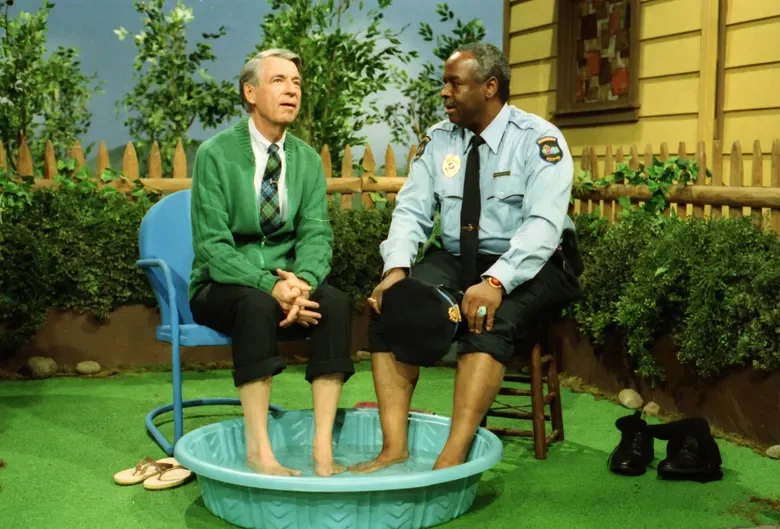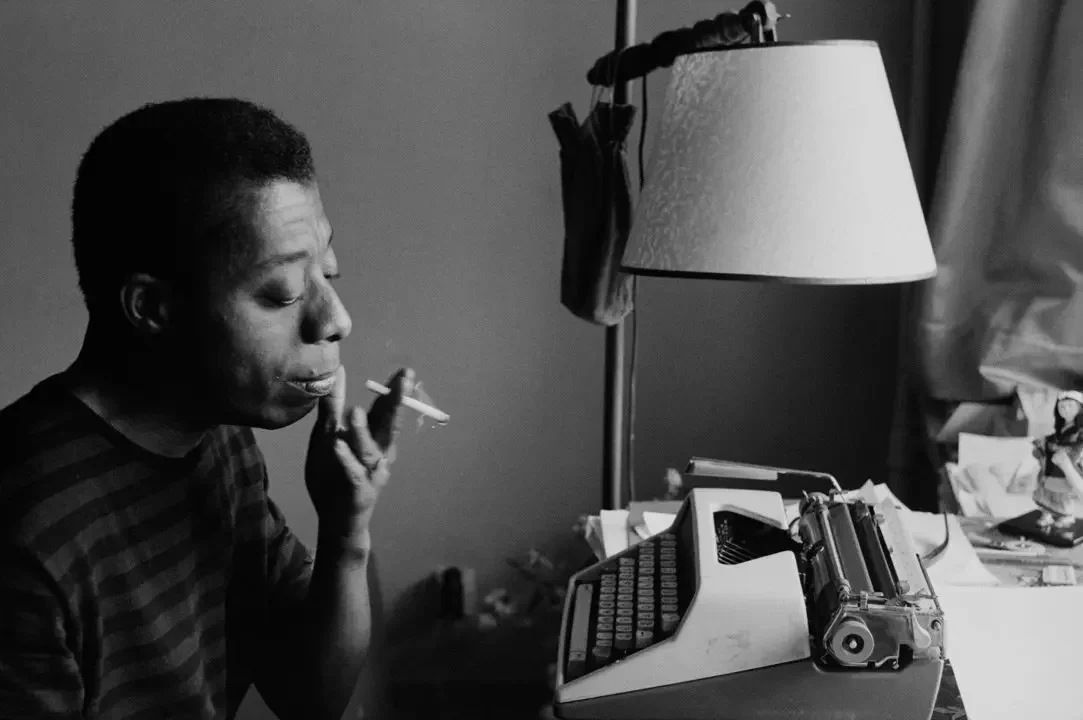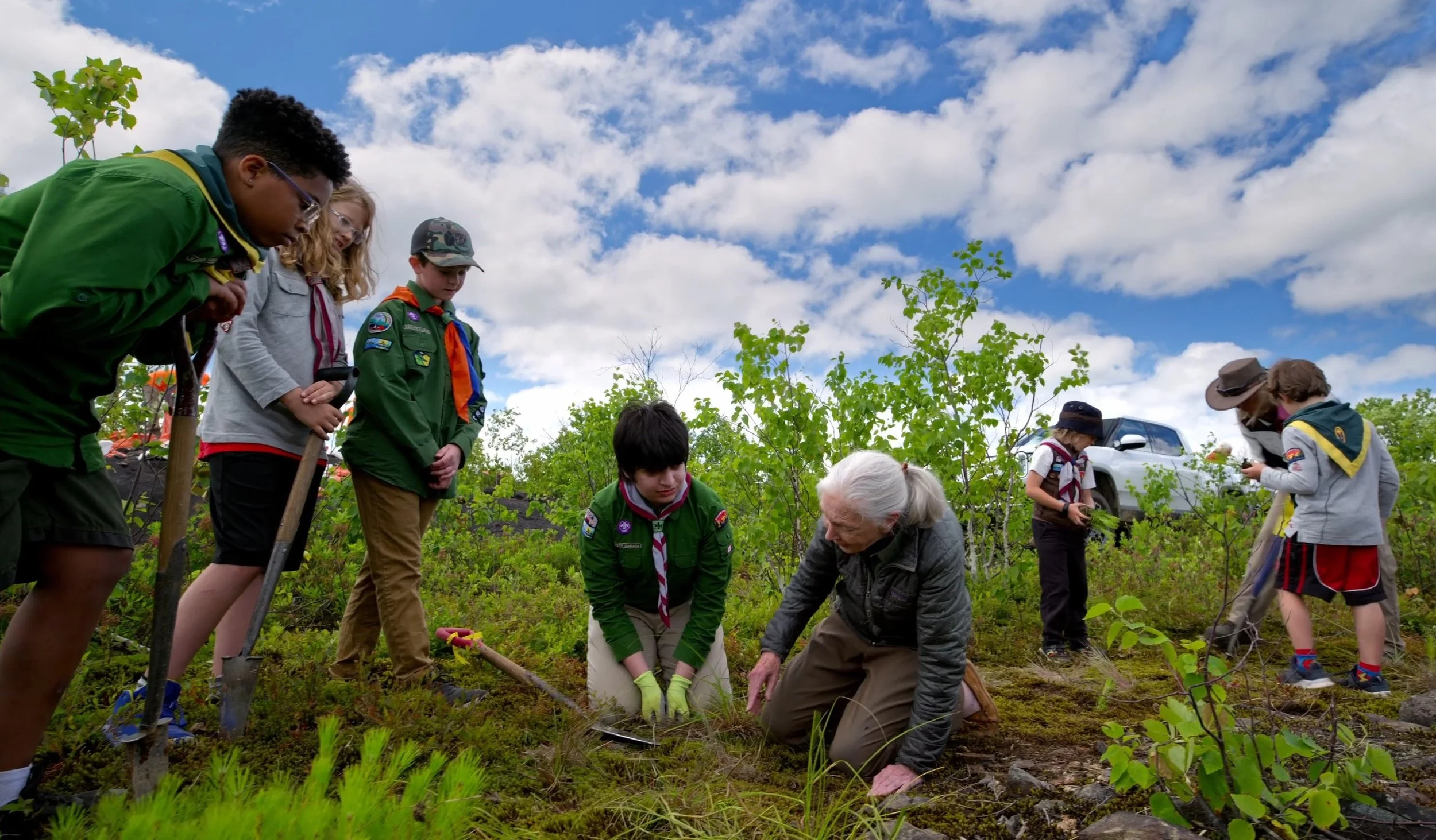Champions of Humanity
Won’t You Be My Neighbor
Most documentaries are eager to convince you of something. Won't You Be My Neighbor does not have such intentions. It simply follows Fred Rogers, a kind man in cardigans who seemed to believe that listening carefully to children was a higher calling than chasing applause.
The film lingers on the ordinary things. Fred Rogers tying his shoes before stepping onto the set. His slow voice asking a child how they feel, and then waiting in the silence that follows. Watching it, you realize how unusual that kind of patience is, and how much it matters.
There is a bittersweet contrast in the story too. The world outside wanted faster, louder, sharper. He kept offering a quiet and calm presence. That contrast becomes the heart of the film, and maybe the lesson as well. When it ends, you do not feel lectured or inspired in the usual way. You just carry a question with you. What would it look like to treat the people in your own orbit with that same unhurried care?
I am not Your Negro
I Am Not Your Negro is a mirror held up to America’s soul. Through James Baldwin’s fierce and tender words, director Raoul Peck weaves a tapestry of memory and fire. Through Baldwin’s reflections on the lives and deaths of Medgar Evers, Malcolm X, and Martin Luther King Jr., the film explores the deep roots of racism in America. It challenges viewers to confront the moral cost of ignoring it.
Using Baldwin’s eloquent words, archival footage, and modern imagery, the documentary reveals how racial injustice continues to shape the nation’s conscience. Rather than depicting a story of despair, it becomes a plea for empathy, honesty, and transformation, urging all people to see the fight for Black liberation as part of a larger struggle for human dignity and moral clarity.
Jane Goodall: Reasons for Hope
Jane Goodall: Reasons for Hope is a cinematic meditation on the resilience of life and the boundless potential of the human spirit. Through sweeping landscapes and intimate encounters, Goodall becomes both guide and guardian, reminding us that even in an age of crisis, the world still sings with possibility. The film gathers stories of renewal: forests reborn from scarred earth, animals returned to their ancestral homes, and people rediscovering their sacred bond with the living world. With quiet grace, Goodall speaks of hope not as naïve optimism, but as an act of courage, a choice to believe in nature’s healing power and humanity’s capacity for compassion. Each image feels like a prayer, each word a seed planted in the heart, whispering that it is never too late to begin again.
He Named Me Malala
He Named Me Malala unfolds like a quiet blaze of purpose. It is a portrait of a girl who refused to be silenced. It traces how Malala Yousafzai, born into a country where the voices of girls were muted, was christened after an Afghan heroine, a name that seemed to echo destiny. When a Taliban gunman shot her for simply demanding a classroom, her recovery became a rebirth. The documentary moves through the tender spaces of her family life and the soaring halls of her activism, revealing that her fight for education is rooted in love, conviction, and a belief that every child matters. In its images and silences, the film whispers that courage grows not from the absence of fear, but from the decision to rise anyway.






